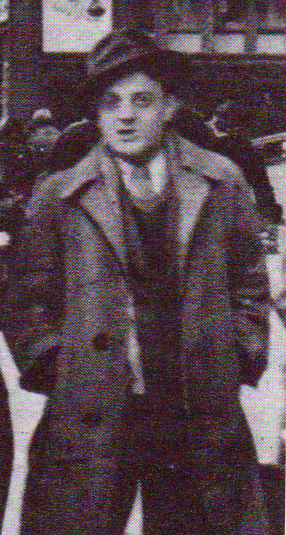Kalman Lis
(From the series: Time-Motifs)
Who else like me – for generations kindred with the field, with grass and stalk,
joined to my border, with air and earth –
can say: let the axe be like a sword – a ritual slaughterer’s knife sharp in the enemy’s cold hand,
I’m not going to be moved!

